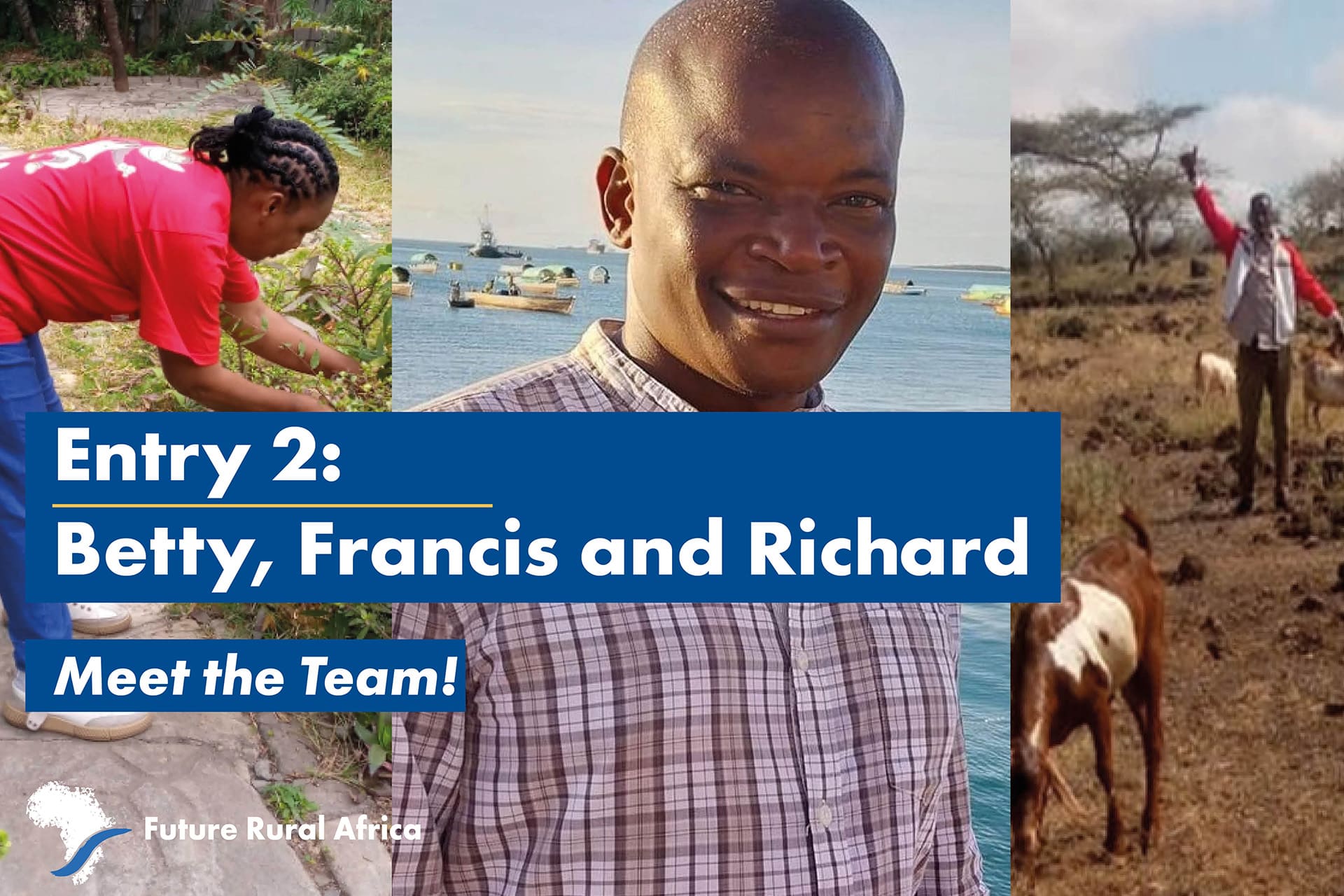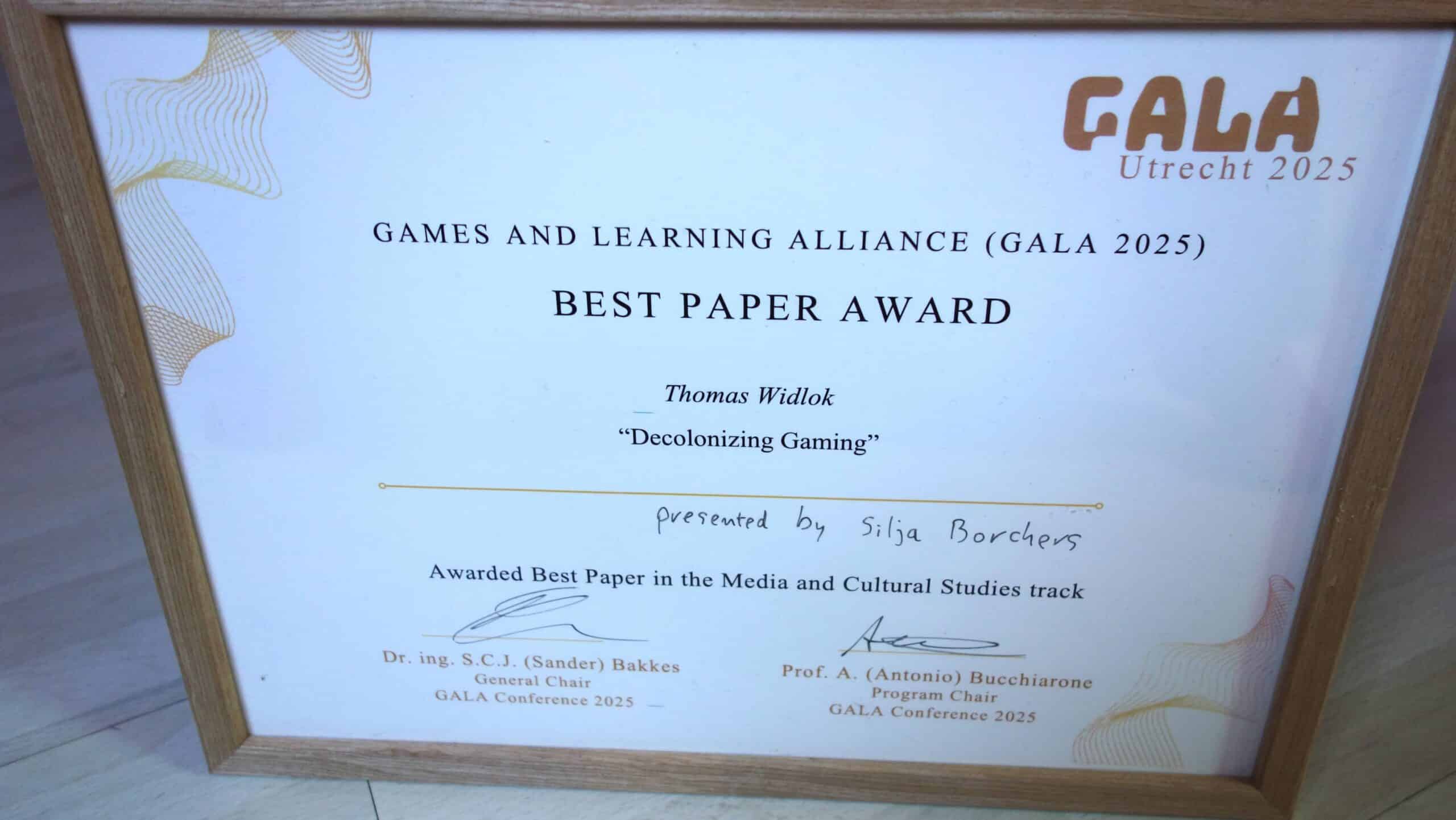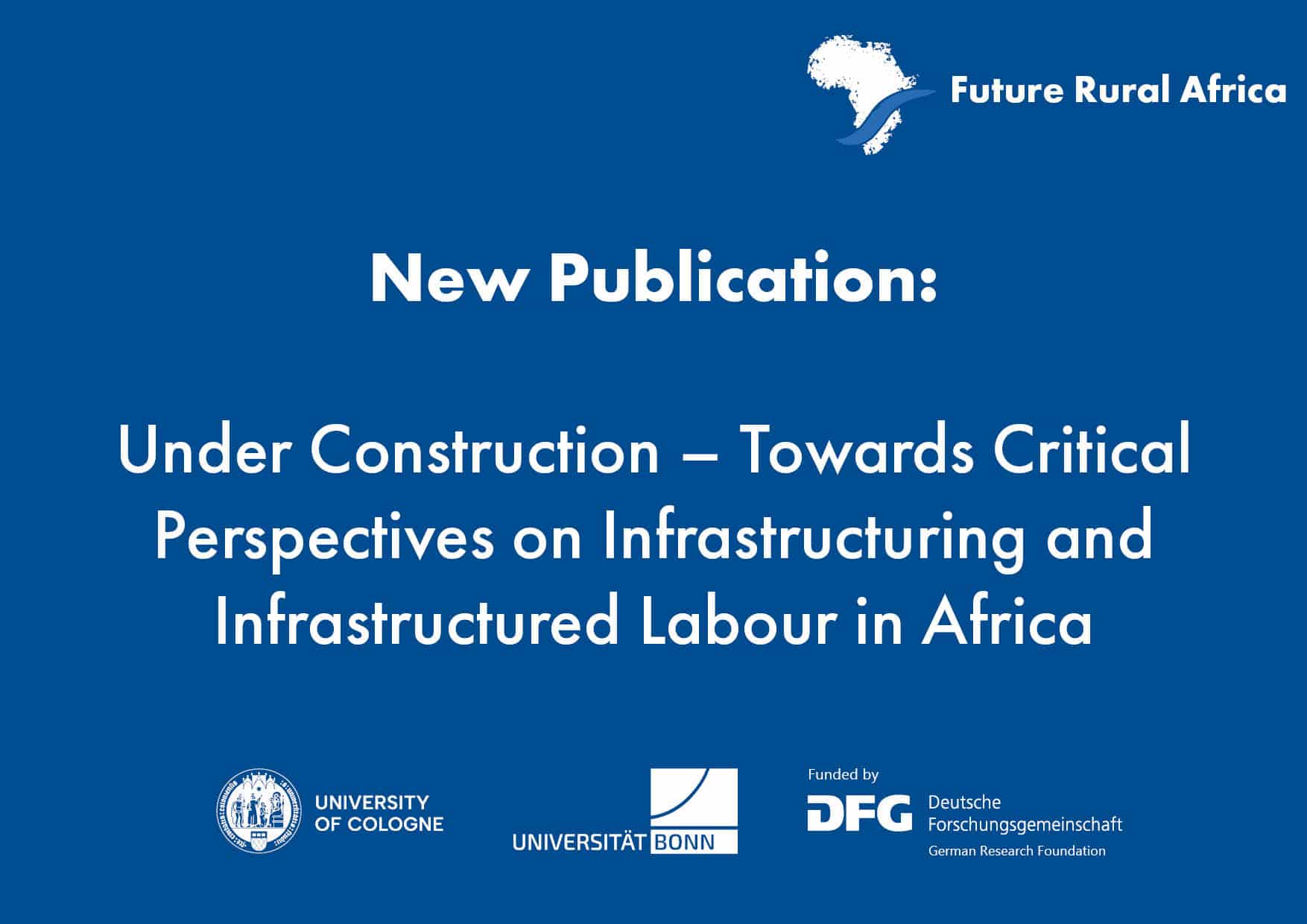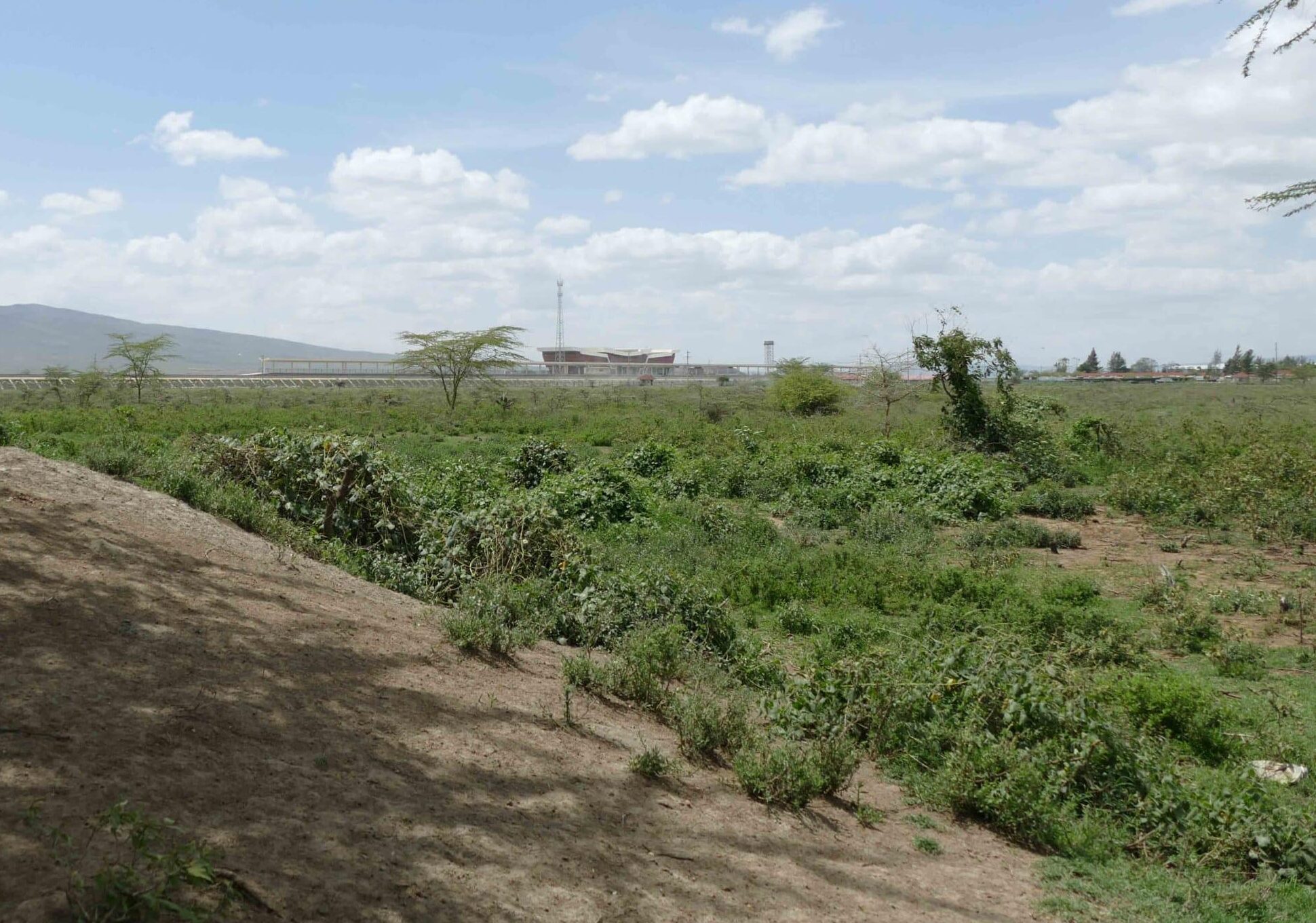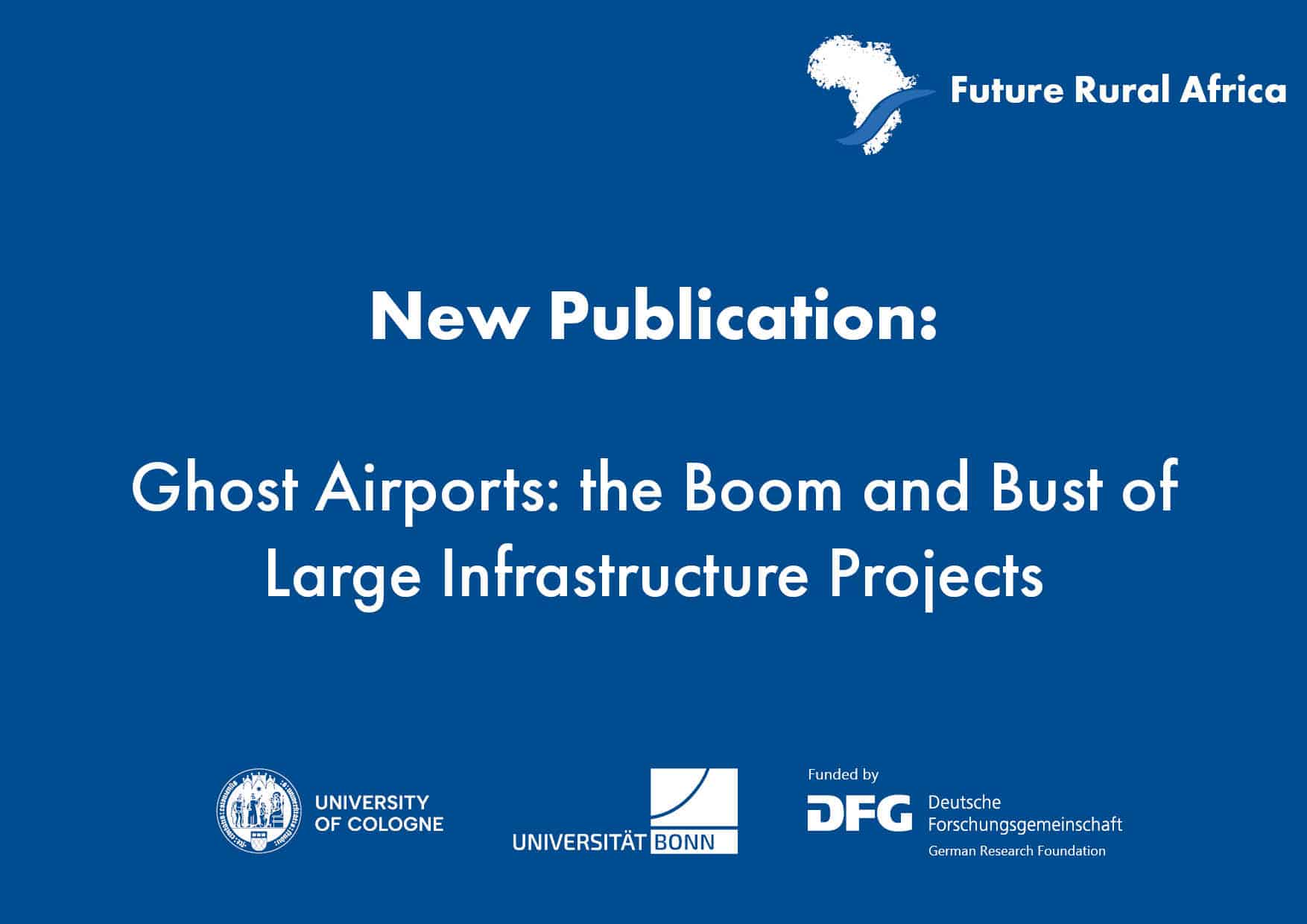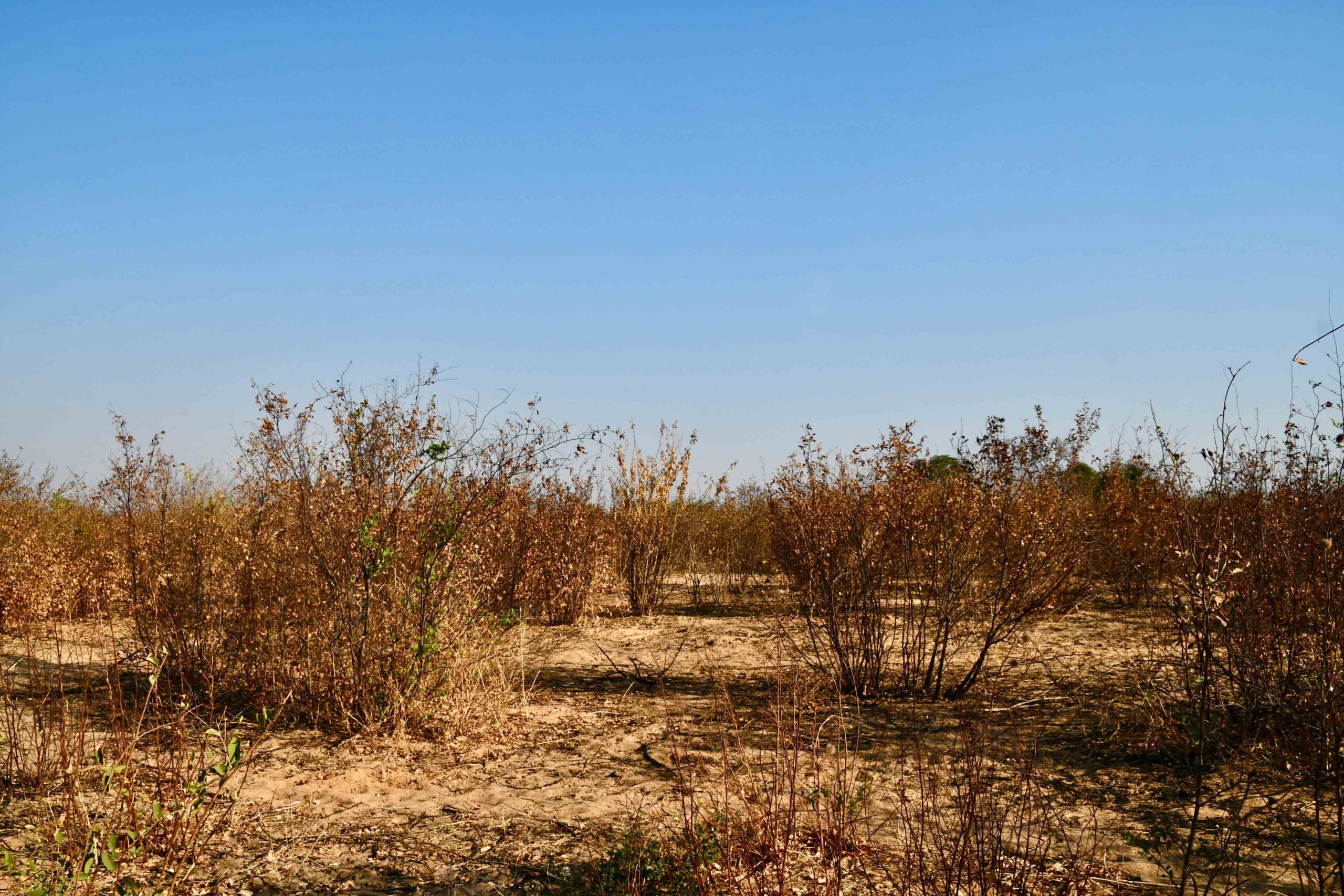My name is Richard Kiaka. I am an anthropologist researching on a wide range of topics, especially on community conservation. I did fieldwork for my Ph.D. research amongst the Damara people of northwest Namibia in a community conservancy called Khoad Hoas. My work benefited a lot from the support of my local research assistants from the community I worked in. From 2021, after I relocated to Kenya, I started working with Maasai people on research projects in the Amboseli ecosystem in southwestern Kenya. There, I met Francis Nkadayo and Beatrice Taiko who have worked alongside me as research assistants. Before getting deeper into our research experience, it is nice that Francis and Betty should introduce themselves.
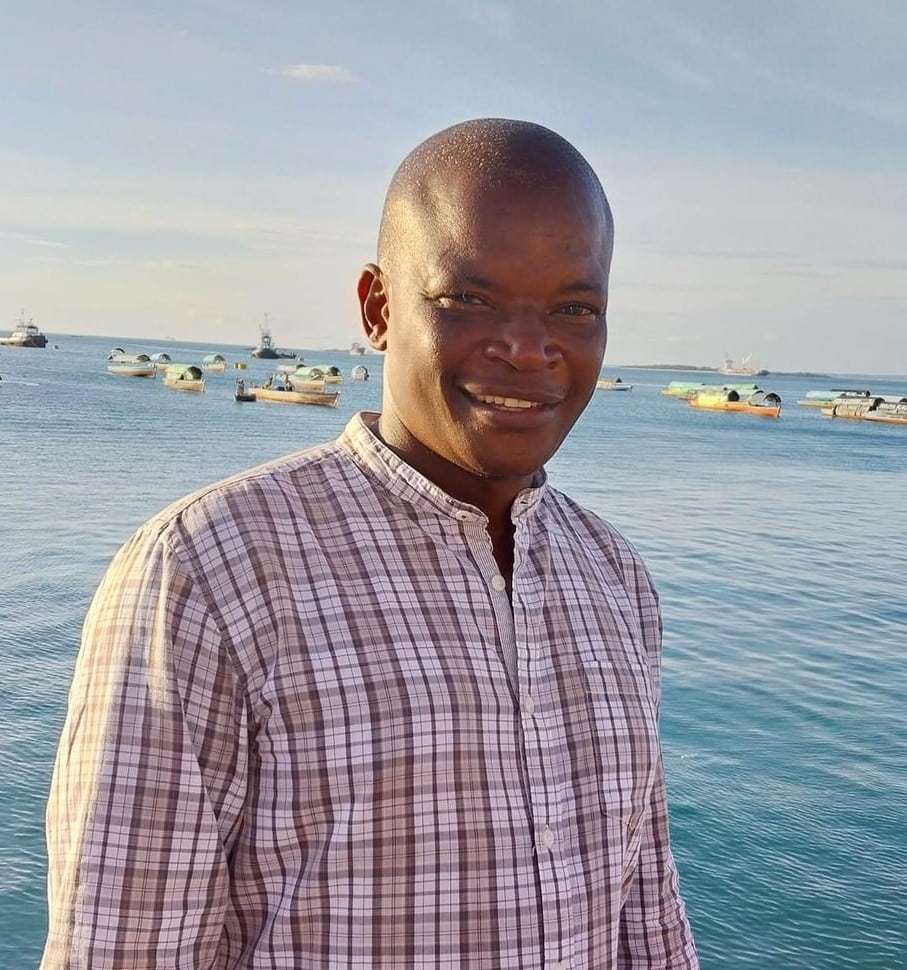
My name is Francis Nkadayo Miroi. I was born in 1984 in Noomayianat village, in what was then called Kimana-Tikondo Group Ranch, in the Amboseli area. My parents lived in Kimana Group Ranch, but they were not members of the Group Ranch. They were members of the Imbirikani Group Ranch. Today Kimana-Tikondo is not a group ranch anymore because the land was sub-divided amongst the different Maasai households who were members of the group ranch. After sub-division of the land, my parents were forced to move to Imbirikani Group Ranch to establish a home there. That is where I live today with my family, including my wife, four children and my mother and widow of my late brother. I identify myself as a Maasai, belonging to ilkiponi age set into which I was initiated as a moran (warrior) by my elders. Ilkiponi is a Maasai word that means “to multiply or increase”.
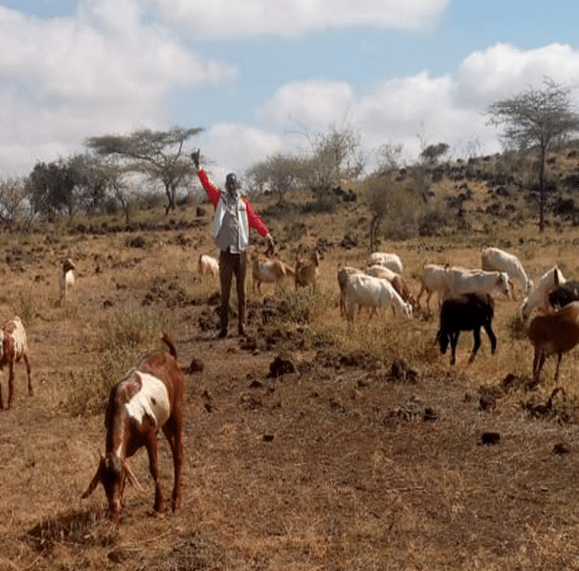
I am very proud of my age set, and every time I remember our colourful initiation ceremony, I feel like I am real Maasai. I went to Kimana Primary School where I sat my national examinations to mark the end of primary school education. I then joined Kimana Secondary School and graduated in 2002. I really wanted to go to college and study something about wildlife conservation. I applied for course at the Kenya Wildlife Service college in Naivasha. Unfortunately, due to lack of money for school fees, I never joined the college. I did not give up. I began to participate in activities that aimed at supporting my community. I have been passionate in educating my community on the need to send children to school, dangers of female genital mutilation (FGM) and wildlife conservation. My active engagement in these community activities motivated elders in my community to ask me to run for an elective political position of the Member of the County Assembly (MCA) for Kimana Ward in 2013. Although I did not win, I am happy that I tried. I have attended various short courses offered by various NGOs working in my area. I started supporting researchers from the School for Field Studies – Centre for Wildlife Management Studies, as a research assistant and local guide. In 2019, I met Richard Kiaka, when he started working in the Amboseli area as a researcher. I have continued to support him in his research with enthusiasm. As research companions, we have had our good moments and difficult experiences that are worth sharing. I have also learnt a lot from him. I am also a pastoralist. I keep goats and cattle. I go through the daily experiences of Maasai pastoralists in Amboseli area – e.g. looking for grazing during drought, worrying of livestock predation by lions and hyenas, fluctuating livestock markets and so on and so forth.
My name is Beatrice Lantai Taiko and I am a Maasai woman, born in 1972 in Toroka village in what is today known as Kajiado County. I was born into a polygamous family. My father, who was the last-born of his mother, had six wives. From my youth, my elders taught me to know the Maasai social structure very well in order to avoid incest within sub-clans and to uphold respect within and across age sets. Therefore, I belong to a Maasai clan called laitayok lo siria. My mom came from kekonyokie clan and I am married into olkeleyiai age set. I started my education at Magadi Primary School. These were the days when it was very hard for Maasai girls to be taken to school by their parents. My parents, on the contrary, took me to school. Because my parents were formerly employed, they took me to Rombo Girls’ Boarding School. In 1987, I joined Moi Girls’ Isinya for two years and transferred to Kajiado Central School, where I completed my O’ level school. I then joined a college in Nakuru to pursue Secretarial and Computer studies.
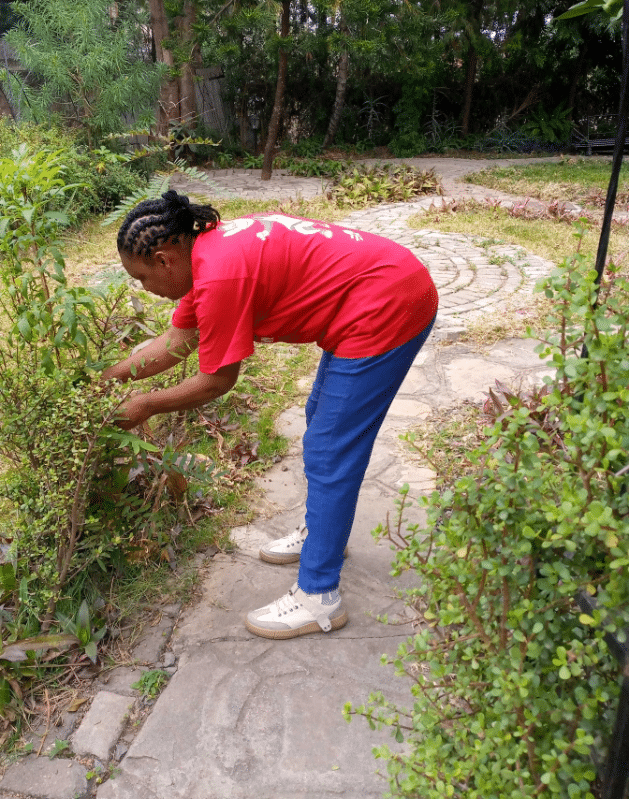
I was employed in a donor-funded government program – Arid and Semi-arid Rural Lands Development Program. I was the program coordinator for Loitoktok Division. When the project ended, I went on to work for the electoral commission and several other NGOs in my area. Today, I am a community mobilizer, especially on activities that promote the right of children, gender equality, eliminate female genital mutilation (FGM) and reproductive health for Maasai women and young girls. I am also a paralegal in my area. Besides all these, I am a mother of four children and an agro-pastoralist. It has been three years since I started working with Richard in research in my village. Supporting research is both fun and challenging.

